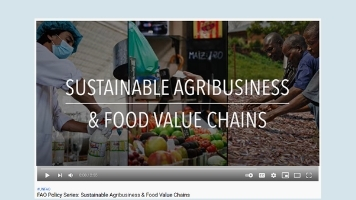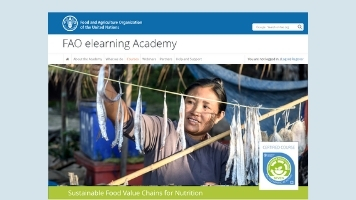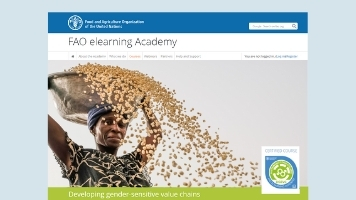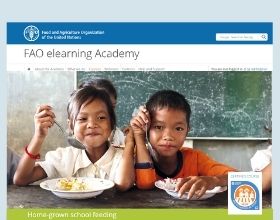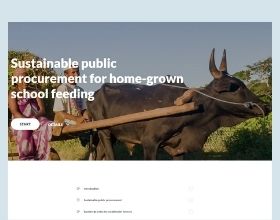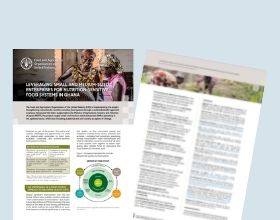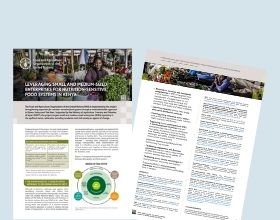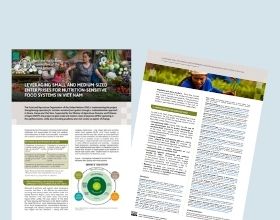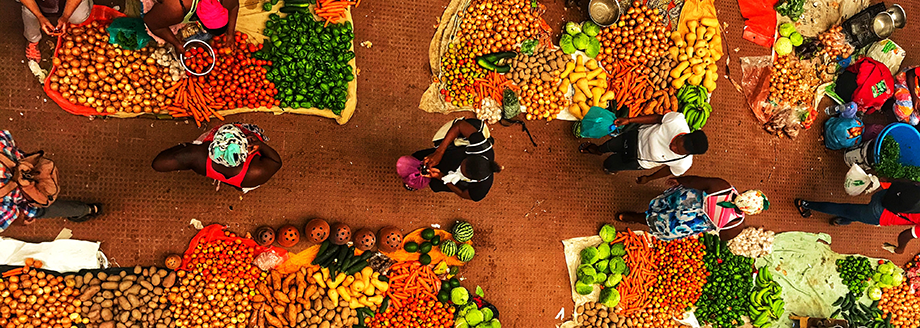
Nutrition-sensitive value chains
Addressing malnutrition requires profound changes in the way food is produced, but also in the way it is processed, distributed, marketed and consumed. Capacity development for nutrition-sensitive value chains supports national and local actors in finding their own way to:
- create inclusive markets, accessible to all producers and consumers;
- make nutritious and diversified food available, accessible, affordable; and desirable to people.
Capacities for nutrition-sensitive value chains are developed through resources and interventions that support local stakeholders in driving change from within—through locally based processes that include, but are not limited to, decision-making, policy-making, investments, research, innovation and learning.
Check out the resources developed under our main areas of work:
Sustainable food value chains for nutrition
Food and agriculture make a vital contribution to improving nutrition, by ensuring the availability and accessibility of diverse, safe and nutritious food. Adopting sustainable food value chains approaches is critical to improve nutrition through agriculture and food systems. Check our latest e-learning courses below.
Sustainable Public Food Procurement and Home-Grown School Feeding (HGSF)
The aim of sustainable public food procurement is to link public demand for food to local smallholder farmers and small and medium-sized enterprises in order to achieve multiple socio-economic and environmental goals. One example of this kind of programme is delivering healthy meals to children through procurement from local and smallholder producers, called Home-grown school feeding programmes.
Check our e-learning courses on Home-grown school feeding (HGSF) and on Sustainable public procurement for designing and implementing home-grown school meals programmes, developed in collaboration with the International Training Centre of the International Labour Organization. Check our latest courses below.
Territorial markets
Territorial markets are important as they are most beneficial to small-scale producers, as well as to food security and rural economies. Being the places where consumers buy local and fresh food, collecting data about territorial markets is critical to inform policies that benefit both the supply chain and consumers’ behavior. For more information click below.
Geographical Indications (GIs)
A Geographical Indication (GI) is a label that applies to products with specific quality, reputation or other characteristics resulting from their geographical origin. They are critical for incentivizing sustainable consumption and production by informing consumers on specific features of products and production systems. Click below for more information.
Small and Medium-Sized Enterprises (SMEs)
SMEs are key actors and agents of change to the sustainable transformation of food systems along value chains. Scaling up their capacities and strengthening their role is crucial to achieving healthy diets for all. Check our latest resources below.

